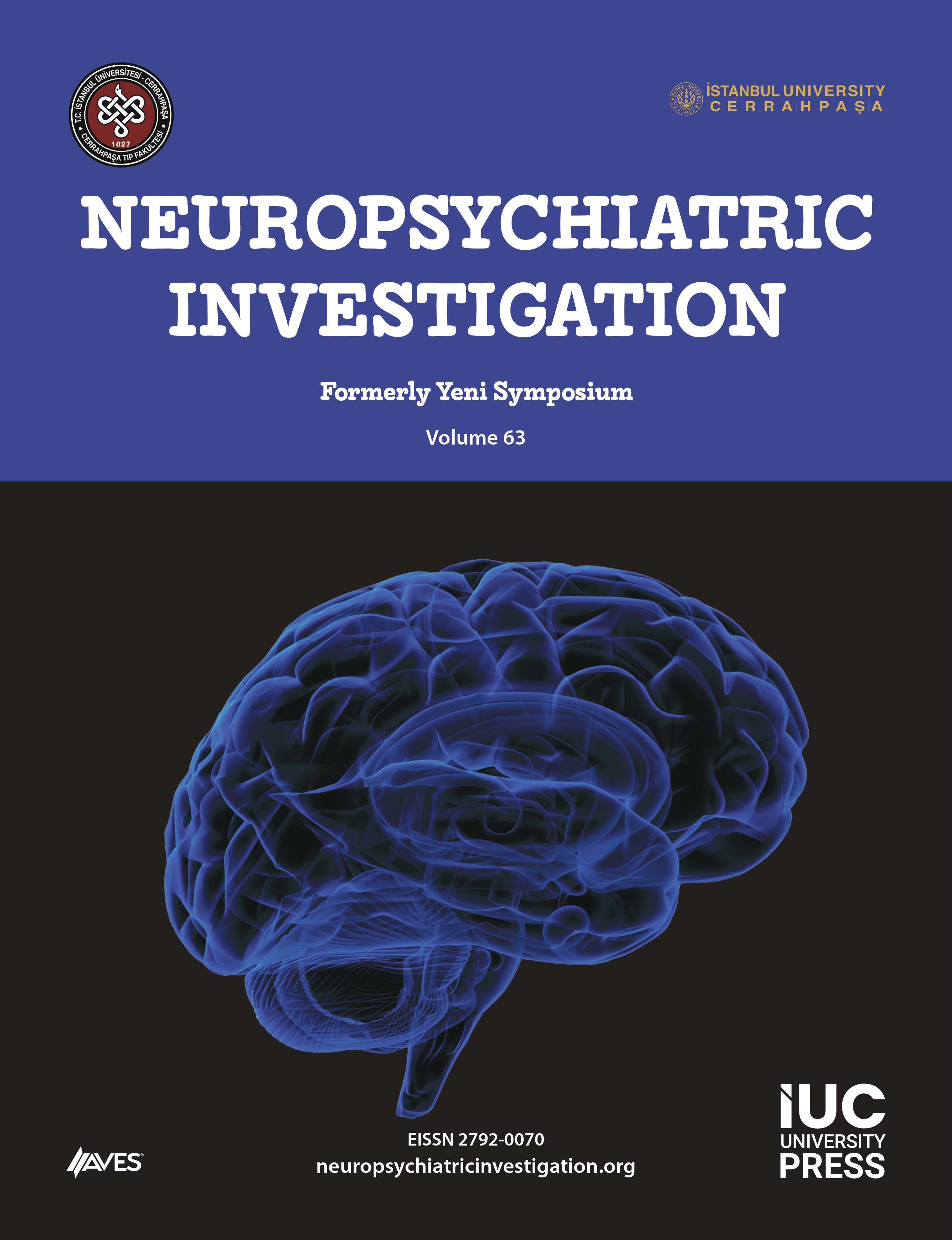Objective: Limited data exist regarding the influence of pregnancy and the postpartum period on the trajectory of bipolar disorder. This study aims to investigate the potential predictive power of pregnancy and/or the postpartum period on future mood episodes in individuals with bipolar disorder.
Methods: The study sample consisted of 92 female participants, with 72 of them having experienced at least 1 pregnancy. To compare the groups, the Mann–Whitney U-test was employed. Additionally, logistic regression analysis was conducted to identify potential predictor variables associated with the cumulative number of mood episodes throughout the life span.
Results: Women who had an affective episode during pregnancy had an earlier onset of bipolar disorder than women who did not have an affective episode during pregnancy (P=.001). The frequency of affective episodes was higher in women with a pregnancy history than in women without a pregnancy history (P=.036). Postpartum depression is significantly more common in patients with a history of an affective episode during pregnancy (P=.003). The age (P=.001) and age at onset (P=.001) of bipolar disorder are significantly lower in patients with a history of an affective episode during pregnancy. Overall, it can be said that affective episodes and age predict lifetime episodes in women with bipolar disorder.
Conclusion: According to the results of this study, pregnancy may provide protection against exacerbations of mood episodes during index pregnancy. However, factors such as sleep disturbances, changes in family relationships, and cessation of child support may increase the risk for further episodes.
Cite this article as: Canazlar EÖ, Şair YB, Saraçoğlu İ, Sevinçok L. Does pregnancy have an effect on the course of the bipolar disorder? Neuropsychiatr Invest. 2023;61(4):103-109.




.png)